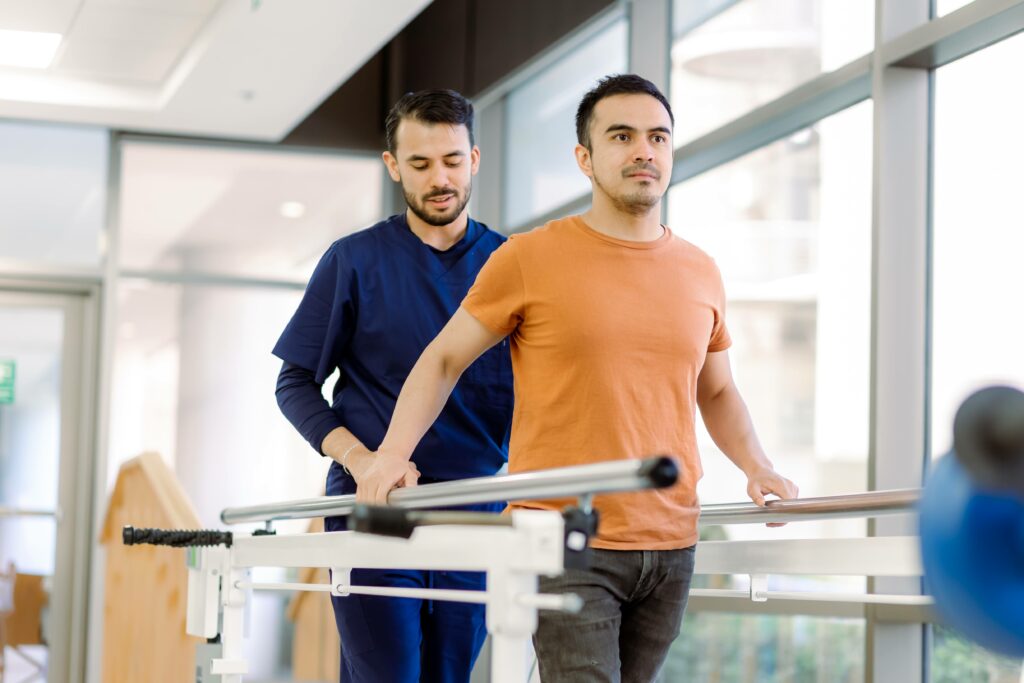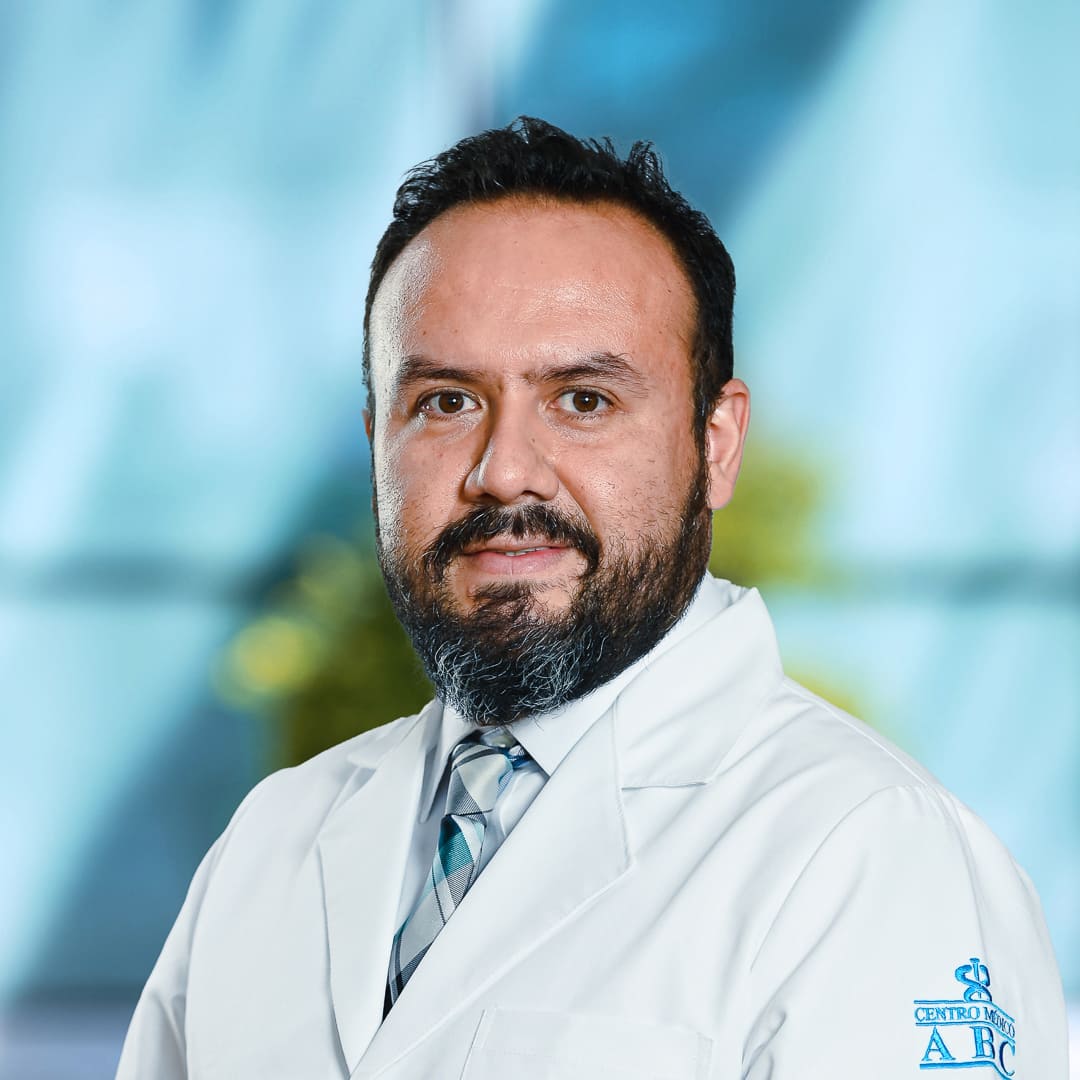Key points:
- Pain in the lower back is known as lumbago.
- MRI, x-rays, and CT scans are usually performed for diagnosing low back pain.
- The most frequent cause of low back pain is due to a herniated disc.
The term low back pain is used when talking about pain in the patient’s lower back, specifically in the lumbar region. This condition appears as a sensation of pain, numbness, or stiffness in the lower back, and can sometimes extend to the legs, says Dr. Sergio Soriano Solís, an orthopedist and spinal surgery specialist at ABC Medical Center.
Low back pain has different origins, but the most common is due to herniated discs, which generally occur when the discs dehydrate and wear out over time, and due to the aging process of the spine.
In addition to this, low back pain can occur due to carrying very heavy objects or in the wrong way, having bad body posture, or even suffering a sports injury. Also, muscle contractures, spinal sprains, sitting for a long time either due to your daily routine or working hours, infections, fractures, mainly in older adults, and tumors are other causes of low back pain.
“According to the World Health Organization (WHO), it is the first cause of office visits worldwide (70%) where only 4% require surgery. When low back pain is not adequately treated, it can cause frequent relapses and prevent the person from returning to their daily activities, causing extended periods of disability.”1
How to diagnose low back pain?
Three main studies are performed for the diagnosis of low back pain.
- MRI. It allows you to check the soft tissues, muscles, intervertebral discs, cartilage, and structures of the back joints.
- X-rays. They help analyze the bone structure of the spine, the patient’s posture, and stability
- CT. A study that analyzes more specifically the structure of each vertebra, managing to give a specific diagnosis.
Dr. Soriano says that since there is a wide variety of causes of low back pain, the type of treatment will depend on the specific cause of each patient.
The most frequent treatments are related to pain medications and anti-inflammatories, physiotherapy treatment, and, in extreme cases, surgery.
If you notice fever, weight loss, disabling pain or pain that wakes you up at night, and loss of sphincter control, related to back pain, see a specialist for timely care.
At ABC Medical Center’s Neurology Center, we can provide you with specialized care. Contact us!
Fuente:
Dr. Sergio Soriano Solís – orthopedist and spinal surgery specialist at ABC Medical Center.
Youtube – ABC Medical Center
1 Cidics.uanl



